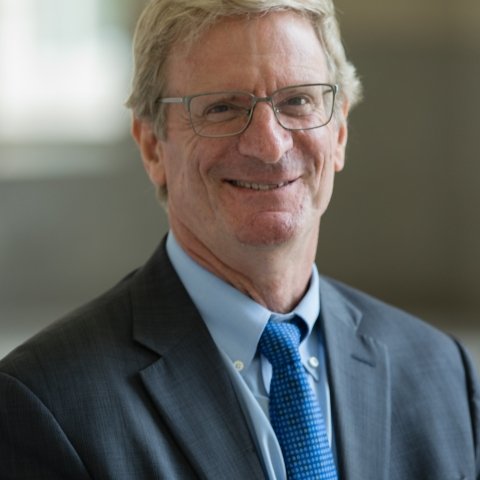Todd Buchwald
Fellow
Professional Affiliation
Formerly Ambassador and Special Coordinator for Global Criminal Justice, U.S. Department of State
Expert Bio
Todd F. Buchwald served as Special Coordinator for the State Department's Office of Global Criminal Justice from December 2015 through July 2017, and was conferred the rank of Ambassador by President Obama in July 2016. Prior to assuming this position, Mr. Buchwald served as a career lawyer in the Department's Office of the Legal Adviser, including as the Assistant Legal Adviser for Political-Military Affairs during the Clinton and Bush Administrations, and the Assistant Legal Adviser for United Nations Affairs during the Bush and Obama Administrations. Before becoming Assistant Legal Adviser, Mr. Buchwald served as an attorney in the Office of White House Counsel under President Reagan. Following his departure from the State Department, Mr. Buchwald was appointed as the inaugural Tom A. Bernstein Genocide Prevention Fellow at the Simon-Skjodt Center for the Prevention of Genocide of the U.S. Holocaust Memorial Museum, and he is currently a Professorial Lecturer in Law at George Washington University Law School and a member of the Executive Council of the American Society of International Law. Mr. Buchwald has been the recipient of numerous Presidential Rank Awards, Superior Honor Awards, and State Department performance awards, as well as recipient of the Justice Tom C. Clark Award (outstanding attorney in the federal government). He has published a variety of scholarly articles, including on the legality of use of force in Iraq, United States security assistance programs, and the crime of aggression. Most importantly, he was "Coach of the Year" in McLean Little League (2007) and McLean Youth Basketball (2015). He is a graduate of Cornell University and the Yale Law School.
Wilson Center Project
Accountability for Perpetrators of Atrocities – Re-thinking and Re-casting the Underlying Principles
Project Summary
Those responsible for atrocities must be held to account. It is an idea with deep emotional roots, grounded in the Nuremberg trials following World War II, and echoing in the moral admonition to “never forget” the monstrous atrocities of the Nazis. Supreme Court Justice Robert Jackson cast a decidedly American claim to the idea with his eloquent statement that some crimes are “so calculated, so malignant, and so devastating, that civilization cannot tolerate their being ignored, because it cannot survive their being repeated.” But what does the idea actually mean in practice? How does it affect decision-making dynamics for government and non-government officials confronting real-world conflicts? What is the effect of brandishing such a seemingly definitive moral promise and then, at best, vindicating it only with great imperfection? And, for US Government officials, how does America’s complicated relationship with the particular institution of the International Criminal Court affect our ability to champion the underlying principle of accountability?
Major Publications
"The Crime of Aggression: the United States Perspective, 109 American Journal of International Law 257 (2015) (with Harold H. Koh)
"Pre-emption, Iraq and International Law, 97 American Journal of International Law, 557 (2003) (with William H. Taft IV).
U.S, Security Assistance and Related Programs, in J. N. Moore and R. F. Turner, National Security Law, 2d Edition (Carolina Academic Press 2005) (with Michael J. Matheson).
